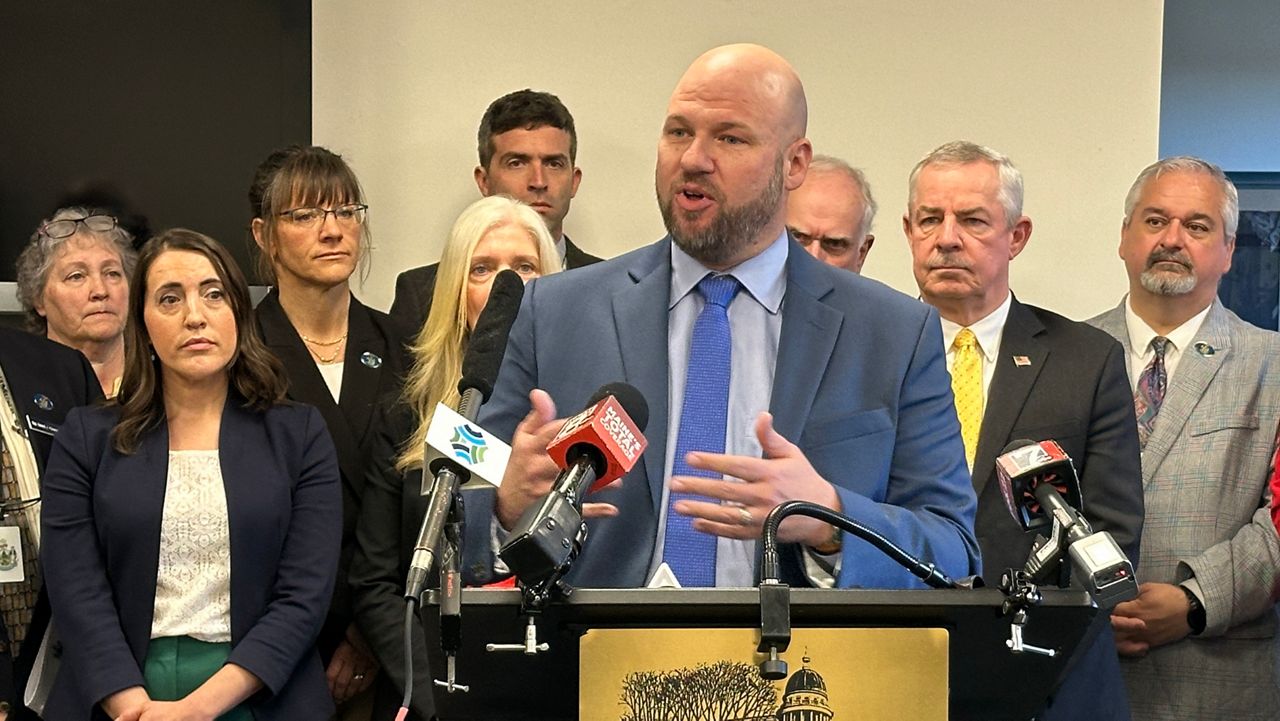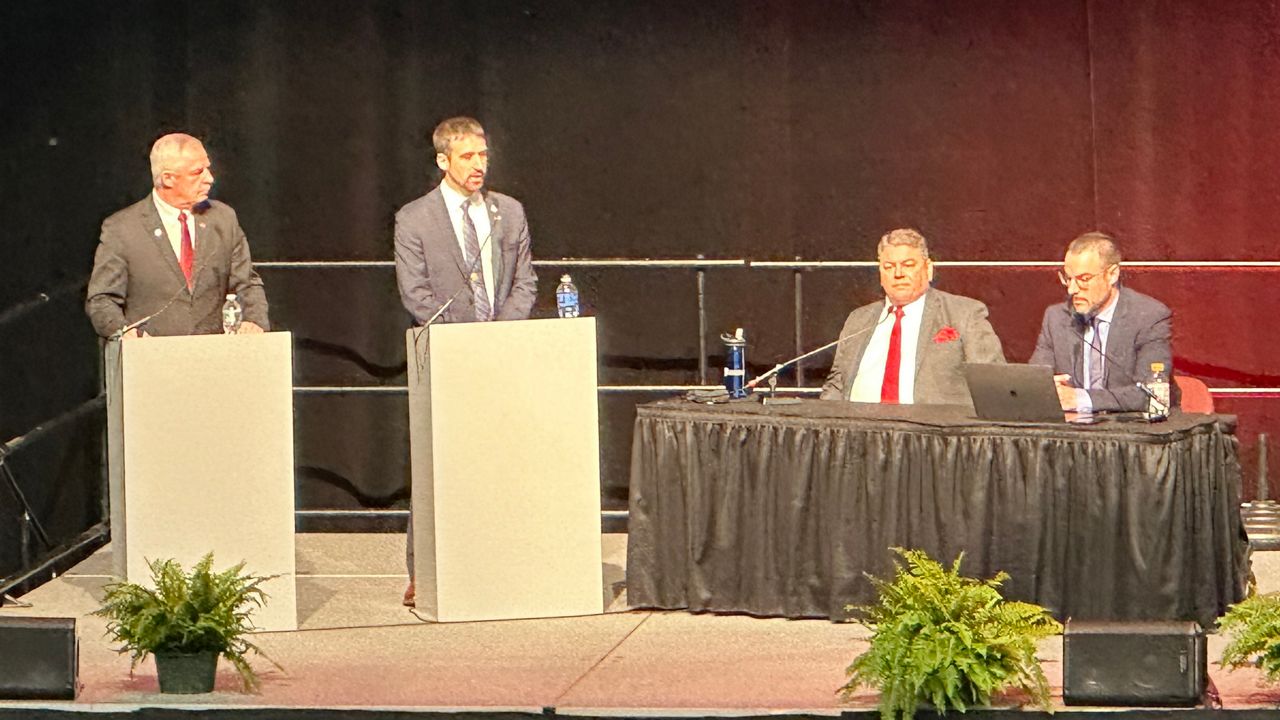State and federal mandates, student behavioral issues and liberal ideology contributed to a significant decline in K-12 test scores over the last four decades, a report released Tuesday concluded.
The Maine Policy Institute, a conservative leaning think tank, released a report tracking what it described as the decline of the state’s educational system from 1984-2022.
In the 1990s, Maine students ranked first or second in math and reading test scores on the National Assessment of Educational Progress. In 2022, they ranked 36th on average, according to the institute.
“Maine used to be at the top,” said Matt Gagnon, CEO of the institute. “Maine used to be one of the shining examples of what a state should be. Many states were looking at the state of Maine and trying to ascertain what we were doing.”
He said now, Maine is at “the middle of the pack or lower.”
The report cites a lack of local control driven by mandates such as experimental teaching methods, unreasonable expectations and increased administration. It notes that teachers are increasingly frustrated, stating that 56% of teachers surveyed said they recently considered quitting.
It also states that since 2014, the number of incidents involving violence, drugs and weapons in schools have “nearly tripled.”
They say statistics show that girls are struggling with their mental health and that an over-reliance on “social-emotional learning and diversity, equity and inclusion” are crowding out a focus on basics like math, reading and writing.
They also acknowledge the COVID-19 pandemic, saying test scores dropped more dramatically during that time and that “educators are leaving in droves.”
In response, the Maine Department of Education released a lengthy statement that emphasized changes implemented under the Mills administration, including raising teacher pay, funding local education at the 55% level for the first time, offering meals to all students and investing in pre-kindergarten and career and technical education.
The department also criticized the report, saying it “cherry picks data to move a political agenda rather than working with the educators of our state to strengthen our schools and help students succeed.”
The department describes the national test cited in the report as “highly disruptive to schools and disconnected from Maine Learning Results.” It notes that the test is administered every other year and “provides a limited and narrow snapshot of the academic performance” of a small group of 4th and 8th graders.
“NAEP is used to identify national trends and was never designed to be used to measure individual states,” according to the statement from spokesman Marcus Mrowka. “Educators in Maine utilize classroom assessments, school data, Maine’s state assessments, the engagement and wellbeing levels in their classrooms, and countless other metrics to measure student learning.”
Report author Jonah Davids, a research fellow at the institute, said during a State House press conference Tuesday that while Maine has benefitted from some education reforms, some have gone too far.
“The number of reforms, the pace of change have gotten out of hand,” he said. “The people who run Maine schools simply cannot keep up with the ever-increasing demands placed upon them and are being asked to fix problems they have little to no control over, like childhood trauma and systemic racism.”
Winthrop School Committee member Alicia Lawson, a mother of three daughters, said between 2009 and 2021, “Maine high school girls reported a 78% increase in feelings of sadness, hopelessness.”
She said the contentious school board meetings are taking the focus away from educating students.
“National debates have overshadowed local issues, leading to fights over issues happening halfway around the country instead of in our communities,” she said. “It shouldn’t be left vs. right. It should be all of us coming together to make sure our schools are in order and giving our kids what they need to succeed.”
Gagnon said while the report doesn’t offer recommendations for improvement, he supports giving parents more power to choose what school their child attends, changing the state school funding formula and allowing teachers to focus on teaching.
“Return to the core of what teaching is,” he said. “If you are a teacher, you should be spending the bulk of your time teaching kids. And you should be able to have the flexibility to do it in the way you’ve been trained to do and have the knowledge to do.”









)